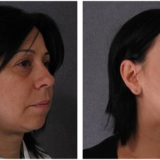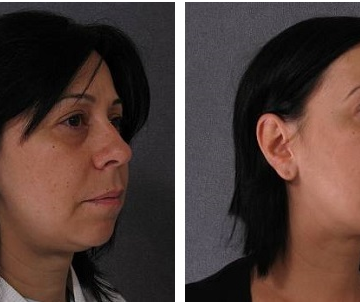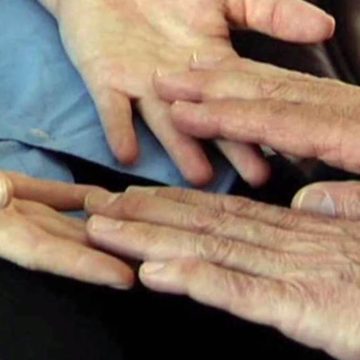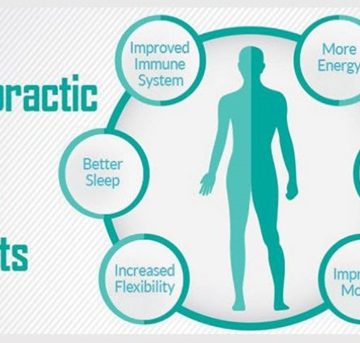There are some medications which contain methamphetamine to treat several diseases or addictions. Their production and distribution are completely legal. However, the street drug meth, known as crystal meth, is illegal as well as detrimental for the health of an individual. Like many illicit drugs, abusing the meth can cause a rapid decline in your physical, mental and behavioral health.
A good quality meth is a misnomer – meth is a toxic drug with severe short-term and long-term side effects. Due to the high level of addiction to meth and its adverse impact on the health of the user, a meth addiction recovery treatment is strongly recommended.
Meth Addiction Treatment
There are two types of treatments available to overcome meth addiction and recovery, namely, pharmacology and therapy.
Pharmacology
Unfortunately, there is no FDA-approved medicine currently available to treat meth addiction, or at least reduce its impact. However, antibody injections and vaccines can be used to neutralize the impact of meth in the blood and/or reduce its impact on the user’s brain.
Due to the lack of availability of other pharmacological options, most meth users’ treatment begins with detoxification. It is used to slowly remove the meth substance from the user’s body. The entire procedure is performed under the supervision of professional medical personnel to ensure that patients remain safe during the treatment procedure.
Most medical professionals endorse getting a therapy after the completion of detoxification treatment. According to National Institute on Drug Abuse, Cognitive Behavioural Therapy, Contingency management interventions, and the Matrix Model can be highly effective and shown positive results in the recovery process for meth users.

Therapies
Cognitive Behavioural Therapy (CBT)
Cognitive Behavioural Therapy, CBT in short, is focused on learning new ways to cope with stress and depression, which does not involve abusing the drugs like crystal meth or other harmful approaches.
Studies suggest that when users are able to recognise and understand their reaction to certain emotional and environmental event or incident, it helps them to control their actions and deter impulsive responses. Moreover, it also helps to enforce positive behaviours by distancing their selves from the drugs and suppressing their urge to return back to old harmful habits.
Contingency management intervention
Contingency management intervention is based on a system that leverages reward or incentive as a motivational tool. This program provides incentives to the users recovering from meth addiction in exchange for the agreement of getting treatment and maintaining self-discipline. In some cases, disciplinary actions like withholding some of the privileges may be introduced in the case of non-compliance to keep them on track.
The Matrix Model
Matrix Model is a 16-week program that involves behavioral treatment services such as individual or group counselling and family education, drug testing and enforces the habits and activities, which does not involve the consumption of harmful drugs and detrimental substances.
The Final Word
Due to the high intensity of addiction from meth, many users are not willing to seek treatment, therefore, it is extremely important for their friends and family to provide them support and encourage them to enrol in a meth addiction treatment program.
















